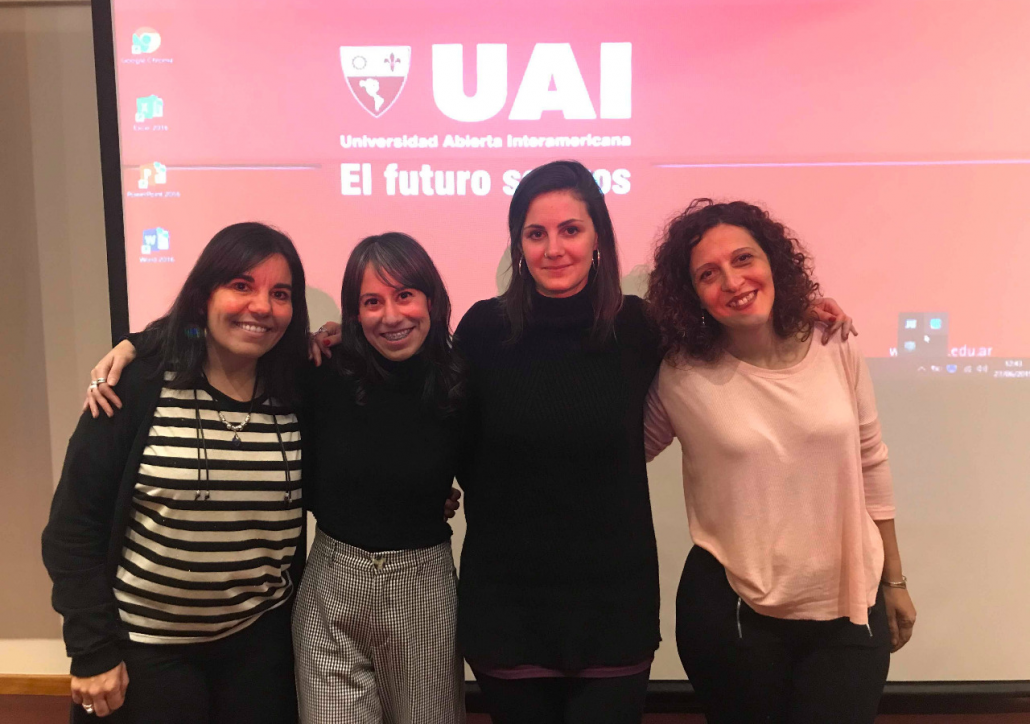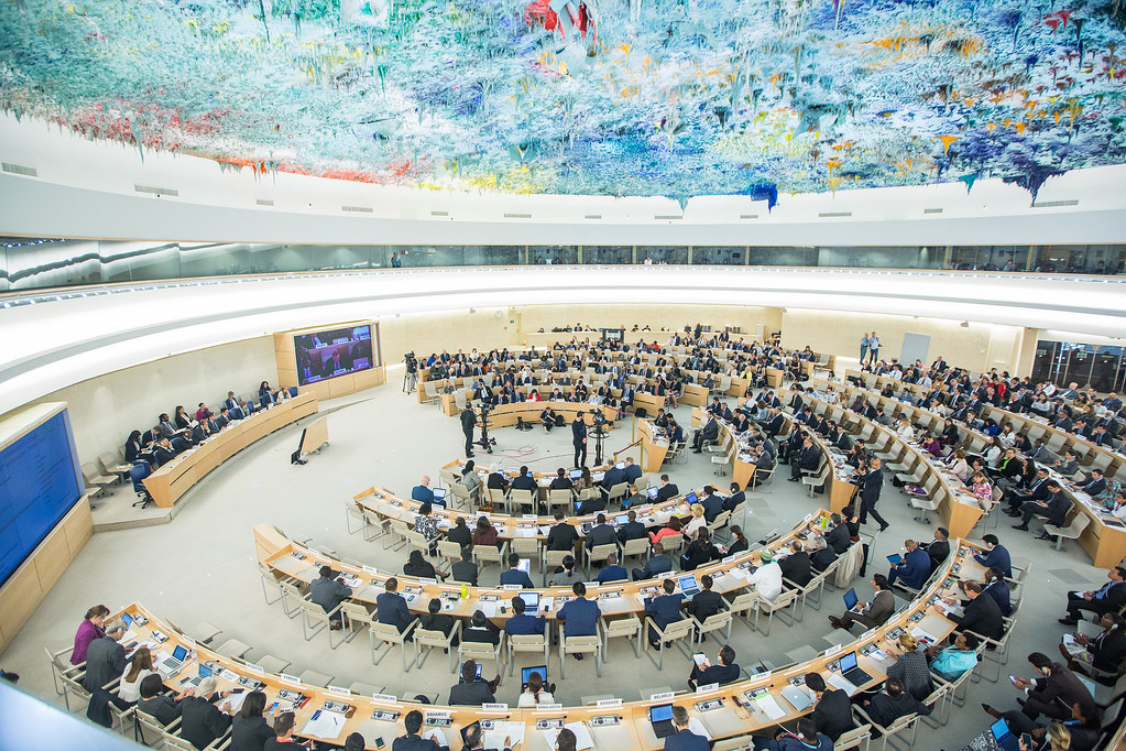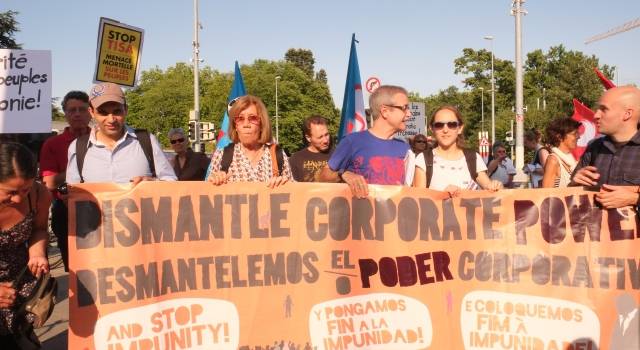On February 22, the Federal Court of Appeals of Córdoba, by majority vote, decided to revoke the resolution issued by the Federal Court No. 3 of Córdoba in the context of the Porta Hermanos case. In that resolution, studies were ordered on environmental contamination and possible pathologies present in the vicinity of the plant of Porta Hermanos S.A.
“Below, we offer a google translate version of the original article in Spanish. This translation may not be accurate but serves as a general presentation of the article. For more accurate information, please switch to the Spanish version of the website. In addition, feel free to directly contact in English the person mentioned at the bottom of this article with regards to this topic”.
The Federal Court of Appeals made the appeal filed by the company Porta Hermanos SA, revoking the ruling by the Federal Court No. 3 in which the case is processed “CRUZ, SILVIA MARCELA AND OTHERS v MINISTERIO DE ENERGÍA Y MINERÍA DE THE NATION s / AMPARO ENVIRONMENTAL “. In this resolution Judge Vaca Narvaja ordered, on the one hand, the Environmental Research Center – Department of Chemistry of the Faculty of Exact Sciences of the National University of La Plata to inform the court the feasibility of carrying out a study on the possible environmental contamination at the Porta plant, and on the other hand, to the Dean of the Faculty of Medical Sciences of the same University in order to evaluate the possibility of carrying out an inspection on 100 people living in the vicinity of the plant to detect possible pathologies .
The majority vote, maintains that the aforementioned resolution violates the principle of procedural consistency since the measures ordered by the judge of first instance, do not correlate with the object of the amparo filed by those affected. Recall that the principle of procedural consistency implies that the court can not go beyond what was requested by the parties or base its decision on facts different from those that have been alleged by the parties. In this case, the Chamber also maintains that, even though the intervening judge is assisted by the powers provided for in Article 32 of Law 25,675 – which refer to a judge with an active role, concerned about the protection of a collective good such as is the environment-, they must be applied with restrictions. According to the court, these powers are limited only to knowledge of the positions of the parties, thus giving primacy to the principle of congruence over such powers.
Given this panorama, it is necessary to make certain precisions:
The vote analyzed, maintains that the purpose of the amparo revolves around elucidating whether the bioethanol plant of the company Porta Hermanos required:
- Authorization to operate by the Ex Secretariat of Energy of the Nation
- Conducting the Environmental Impact Assessment procedure before putting it into operation
The principle of congruence, the precautionary principle and the environmental perspective.
First, from the reading of the same resolution, it is clear that the “environmental protection” presented by the neighbors, has as its main object the “cessation of atmospheric environmental pollution” by the bioethanol plant of the company Porta Hermanos SA In this line, it is requested the closure and final closure of the plant attentive to not having complied with the procedure of Environmental Impact Assessment – “lack of legal authorization”. Well, if the claim focuses on the cessation of environmental pollution, it is fully consistent to determine the existence of such a phenomenon. Indeed, it would be impossible to stop a contamination, which in the facts has not been fully proven.
Without prejudice to this, the precautionary principle comes into play since, even in the face of uncertainty, the judge could not postpone effective measures for the protection of the environment. In the resolution analyzed here, the majority vote ignores the claim of the amparistas, which is closely linked to the measures ordered by the Federal Judge, not violating the principle of congruence.
The administrative authorizations can not be permits to pollute.
Second, even when the object of environmental protection is that identified by the Chamber, that is, the need for a legal authorization, it is necessary to consider that what underlies the formal administrative procedures for authorization is the protection of the environment. Thus, the formal permits constitute a presumption of safety of the activity enabled but do not imply a permission to pollute and damage the environment, so that, upon verification of a polluting activity, such presumption must yield.
In other words, the debate on the need for an authorization or not, basically, involves discussing whether such activity harms the environment in a way that would have required the prevention and / or management of damage through the impact assessment procedures environmental (in accordance with the provisions of Art. 11 of Law 25,675). Therefore, even in such an object, the measures ordered by the federal judge of the 1st Instance, are fully congruent.
The preventive role of the courts in environmental processes.
In the third place, the assertion made by the Chamber that the principle of procedural consistency prevails over the powers granted by Art. 32 of Law 25,675 (L.G.A), is questionable, if not erroneous.
In the processes where the environmental issue is debated, because of the well protected, the rights at stake and the particularity of the damage, it is necessary that the traditional procedural rules (read principle of congruence) are redefined from the environmental and human rights perspective. The judge acquires a preventive role and an active role in pursuit of the effective protection of the general interest, being able to adopt the necessary measures and measures (Art. 32 L.G.A). In such a role, the judge must act in favor of the protection of the general environmental interest, which acquires a preeminent value, modifying the traditional rules of the civil process, in order to prevent environmental damage, without falling into the stillness of allowing the pollution and thereby consolidate irreparable environmental damage. Under this pre-eminence, the principle of congruence is subverted, or cedes in favor of environmental protection.
It should be noted that the resolution adopted by the Federal Court of Appeals of Córdoba, is questionable as it erroneously defines the object of environmental protection as merely formal (determine the need for legal authorization), and ignores principles and fundamental rules of Argentine environmental public order. In addition, in this case the resolution revoked simply ordered measures to have more information of the current situation, something that has been the cause of successive public complaints by neighbors in the neighborhoods San Antonio and Inaudi.
It is unfortunate that a formalistic look away from reality prevents having more information, in order to better investigate and evaluate a situation of socio-environmental conflict that has been in our city for years.
More information
Author
Juan Bautista Lopez
María Pérez Alsina, mariaperezalsina@fundeps.org




